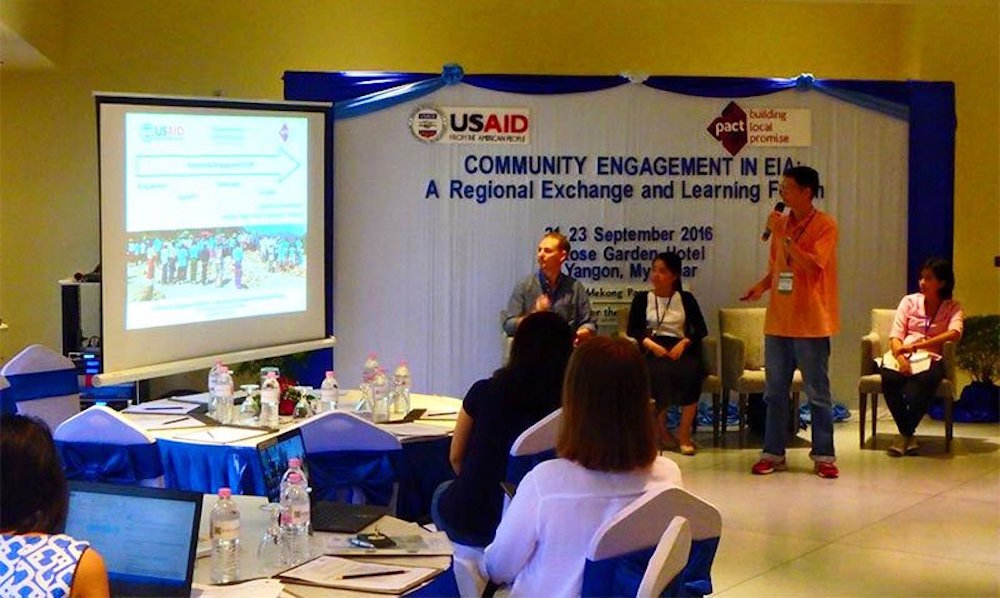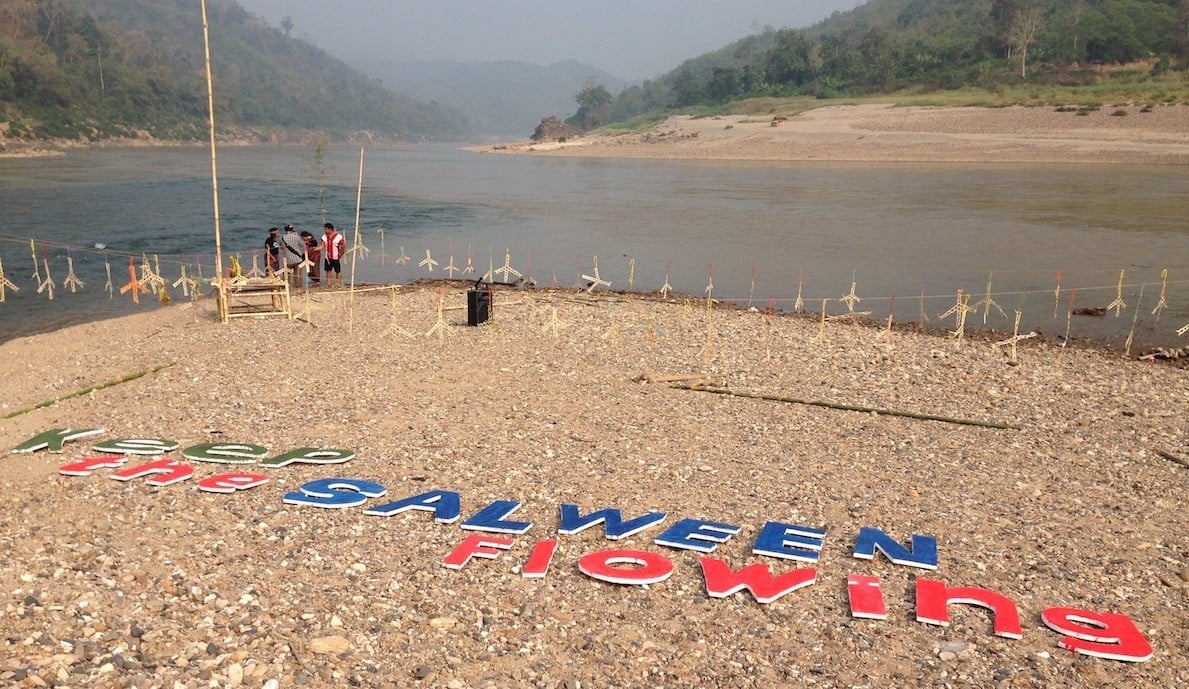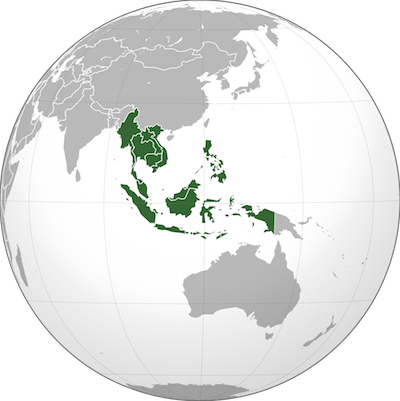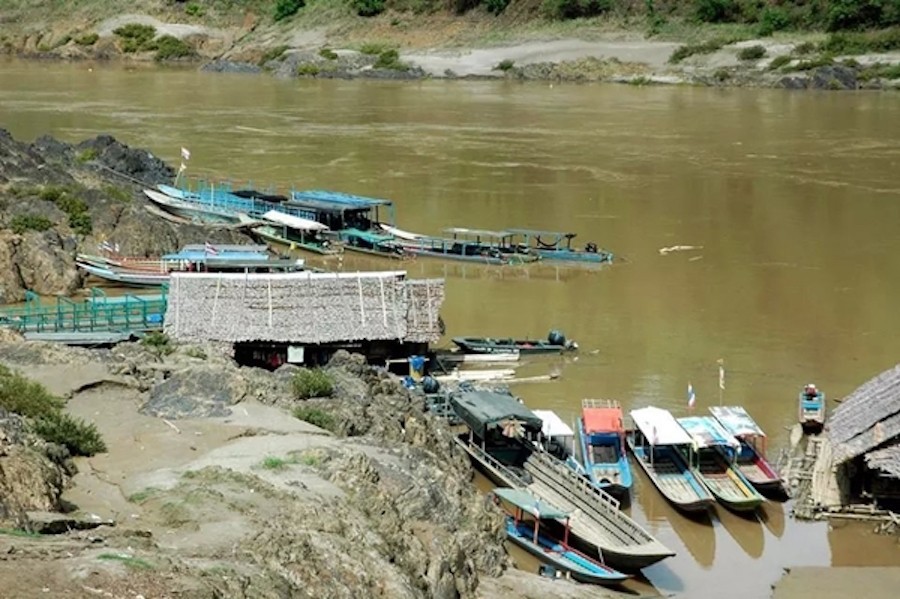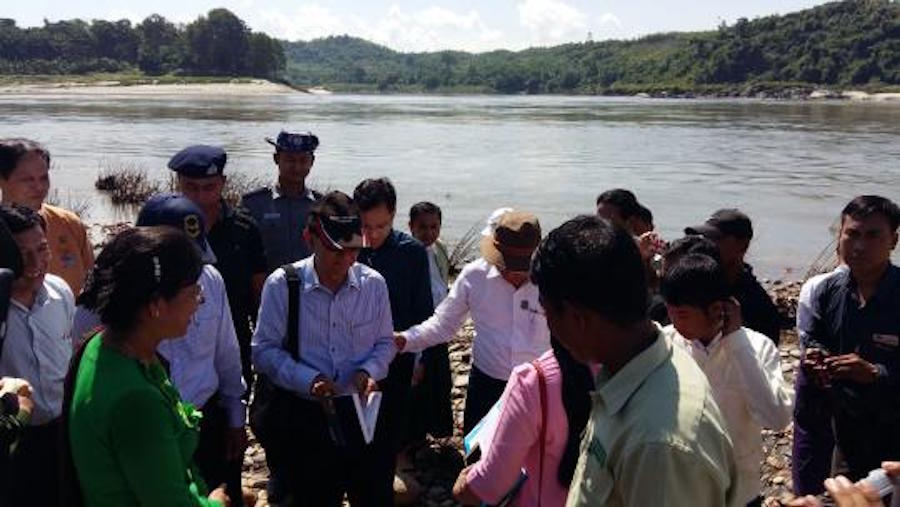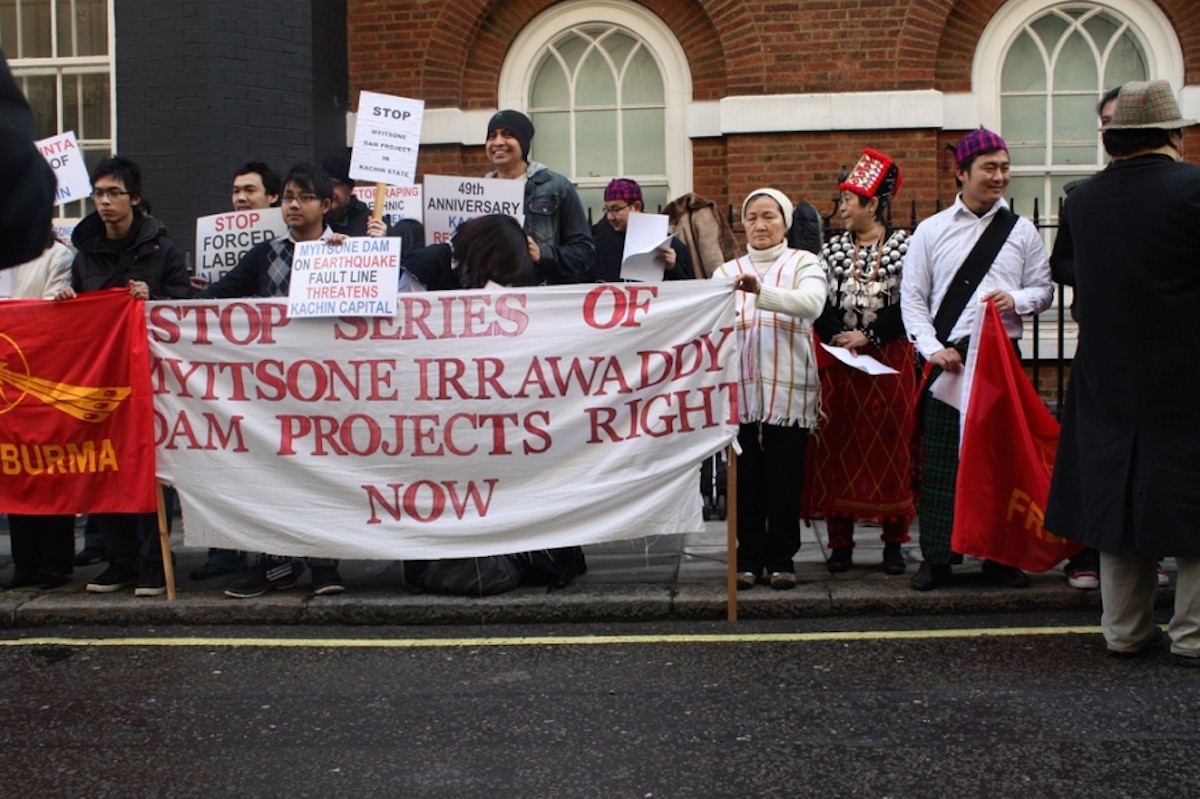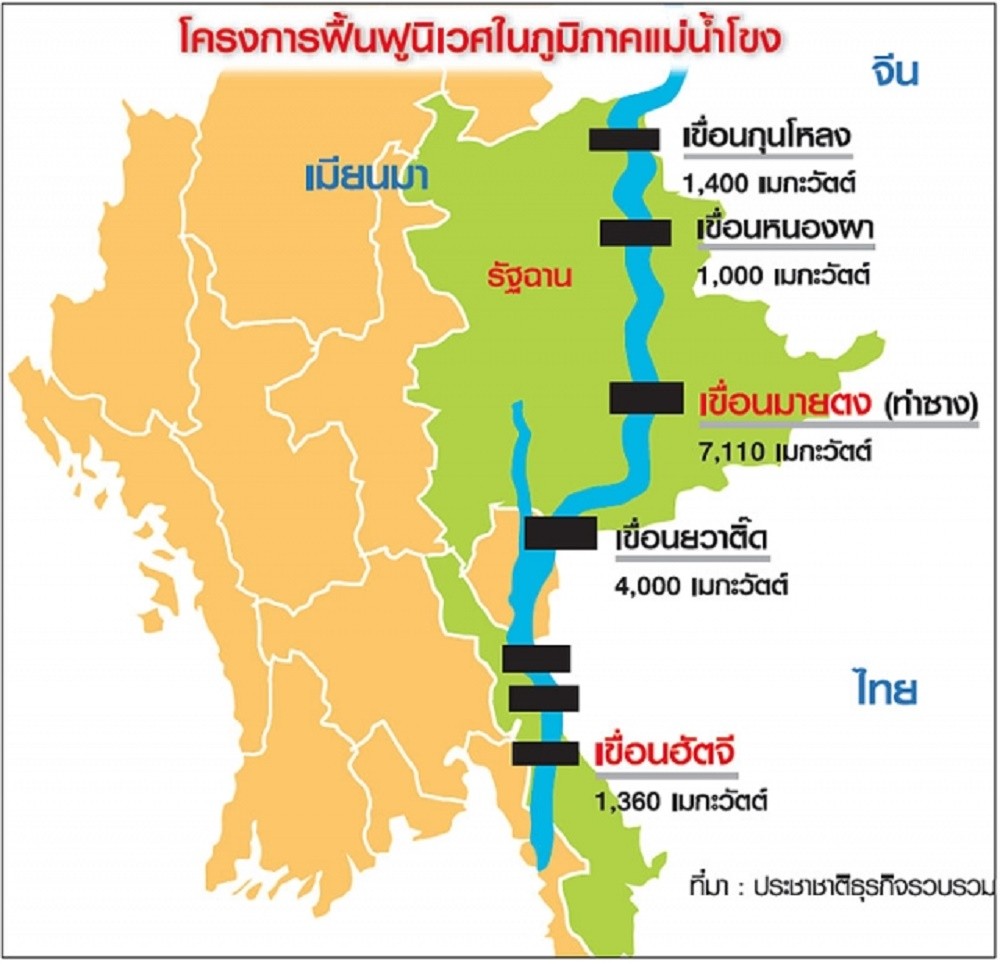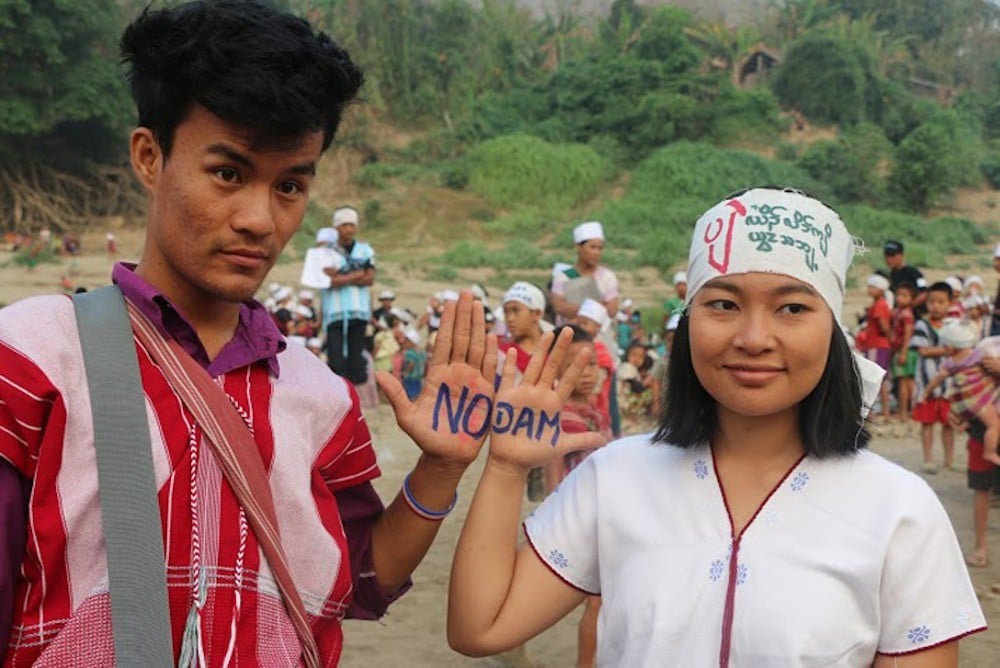This week, 50 representatives from non-governmental organizations (NGOs) across the Mekong region met in Myanmar to share successes and challenges in effectively involving local communities in environmental impact assessment (EIA) processes.
At the “Community Engagement in Environmental Impact Assessment: A Regional Exchange and Learning Forum” in Yangon, participants explored approaches to helping communities constructively engage with businesses and government to ensure sustainable and equitable development in the context of increasing infrastructure investment in the region, according to a press release September 23.


